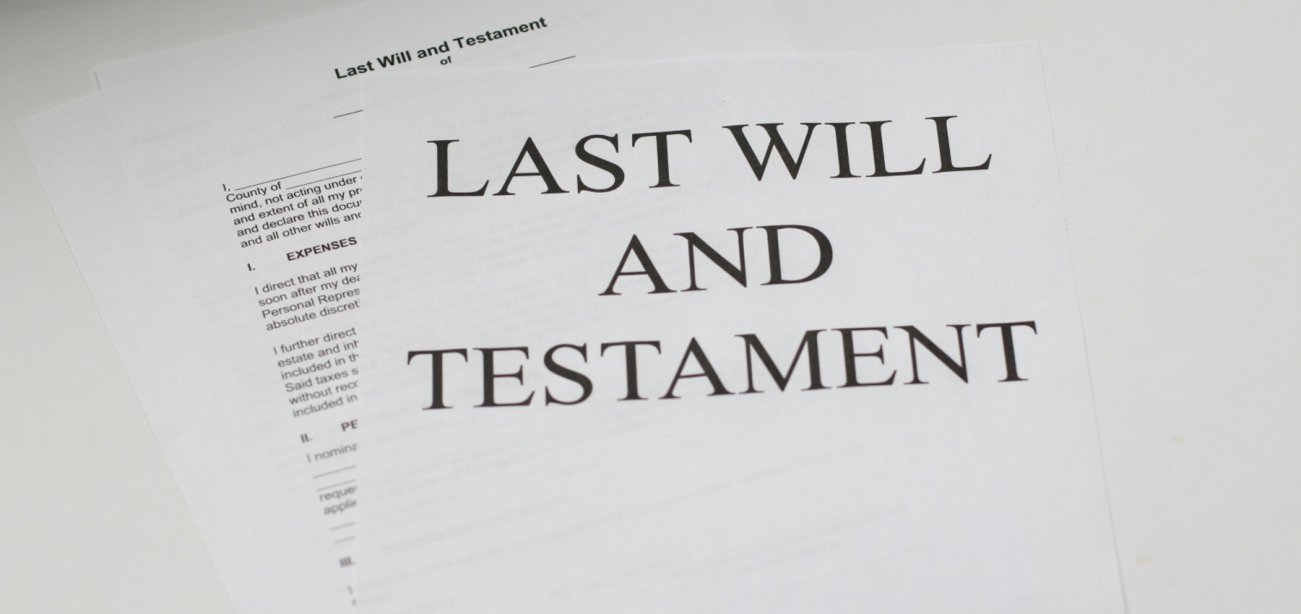19 November 2025

In legal terms, this is known as dying "intestate," and it means the law will determine how the deceased’s estate is divided. While the rules of intestacy aim to offer a fair distribution of assets, they don't always align with the deceased’s true wishes. This can be especially problematic for unmarried couples or families with stepchildren, as the laws often don’t account for these unique family dynamics.
We understand how important it is to plan ahead and ensure your estate is distributed according to your wishes. In this blog, we’ll explain what happens when someone passes away without a will and why it’s so crucial to have one in place.
Who Administers the Estate?
When there's no will, there is no named executor. This means a family member must apply to the Probate Registry for a Grant of Letters of Administration. This legal document grants them the authority to act as the estate administrator, taking on a role similar to that of an executor.
The administrator is responsible for several tasks, including:
It’s a major responsibility and can become complicated, particularly if the estate includes property, businesses, or multiple beneficiaries.
Applying for a Grant of Letters of Administration
The process of applying for a Grant of Letters of Administration is similar to applying for probate when a will is in place. The general steps include:
This process can take several months, especially if the estate involves complex assets like property or overseas holdings.
How Are Assets Distributed Under Intestacy Rules?
In the absence of a will, the UK’s intestacy rules determine who inherits the estate. These rules prioritise certain family members in a set order, which is typically as follows:
Key Considerations
One critical point: unmarried partners have no automatic right to inherit under the rules of intestacy, even if they lived with the deceased for many years. This is a common source of disappointment and conflict, especially when the deceased’s wishes are not honoured. The rules also do not cater for stepchildren, who may have been considered as part of the family but have no legal right to inherit.
Why Making a Will Matters
Dying intestate can result in outcomes that the deceased never intended, potentially excluding loved ones or causing disputes among family members. Having a valid will ensures that your estate is distributed exactly how you want, protecting your loved ones and minimising complications.
Here’s why making a will is so important:
We recommend speaking to one of our experienced solicitors to ensure your will is clear, legally sound, and reflects your true intentions. Planning ahead is one of the best ways to protect your family’s future and avoid the complications of intestacy.
Get in Touch
If you have any questions or need help drafting a will, our team are here to assist you. Call 01202 527008 or contact us to schedule a consultation.